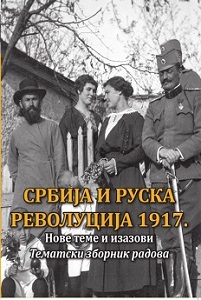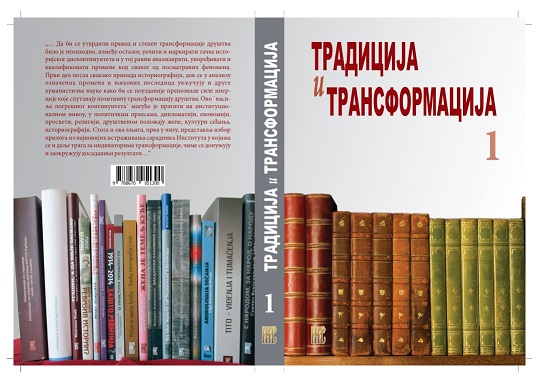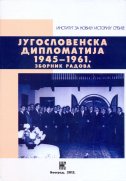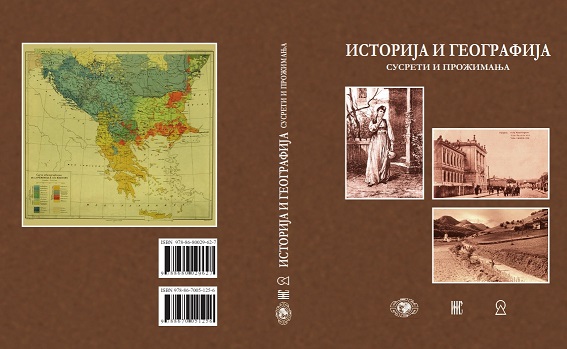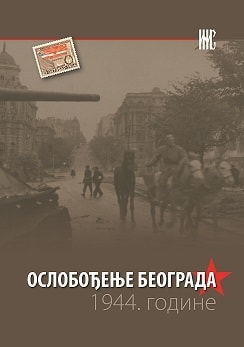
Отношение Вашингтона к участию Красной армии в освобождении Югославии
The participation of the Red Army in the liberation of Yugoslavia is one of the topics from WWII which have a political flip-side. The news about Red Army's advance into the Yugoslav territory came as no surprise to the White House. The Americans were informed by the British and by their own intelligence service about the trip of the leader of the National Committee of Liberation of Yugoslavia Josip Broz Tito to Moscow. In the State Department there were no doubts about the consequences of Tito's visit to Moscow, and already on September 20, 1944 the possibility of scaling down the len-lease aid for Yugoslavia was discussed. The Americans considered the possibility of the Soviet participation in the liberation of the Balkans already in late 1943. President's position voiced at the conferences in Kairo and Teheran prove that Roosevelt, believing in complete success of the Red Army in Romania, deemed its advance in Yugoslavia very likely. The Western Allies could prevent the Red Army's advance only at the cost of the break-up of the Anti-Hitler coalition. Taking into account the complexity of the military actions in the Balkans, a delay of the Allied armies in the case of operations in Istria and Dalmatia, could lead to the Red Army's turning toward Holland, Belgium and France after the fall of Berlin. The information of the US intelligence service say Yugoslavia was liberated largely thanks to the Red Army. American agents claimed the Yugoslav partisans had no heavy armament necessary for larger military actions, which directly caused low military efficiency of the People's Liberation Army. The information of the American intelligence service directed the Washington analysts to better understand the mutual interest of Moscow and the Yugoslav partisans in each other. Relying on the Soviet military and political support Tito conquered power, and the Soviet leadership strove to spread Communist influence through the victory of the People's Liberation Army of Yugoslavia. After all, the State Department considered the presence of the Soviet military forces in Yugoslavia as an „important factor” which had to be taken into account in the process of making US policy toward Yugoslavia.
More...
